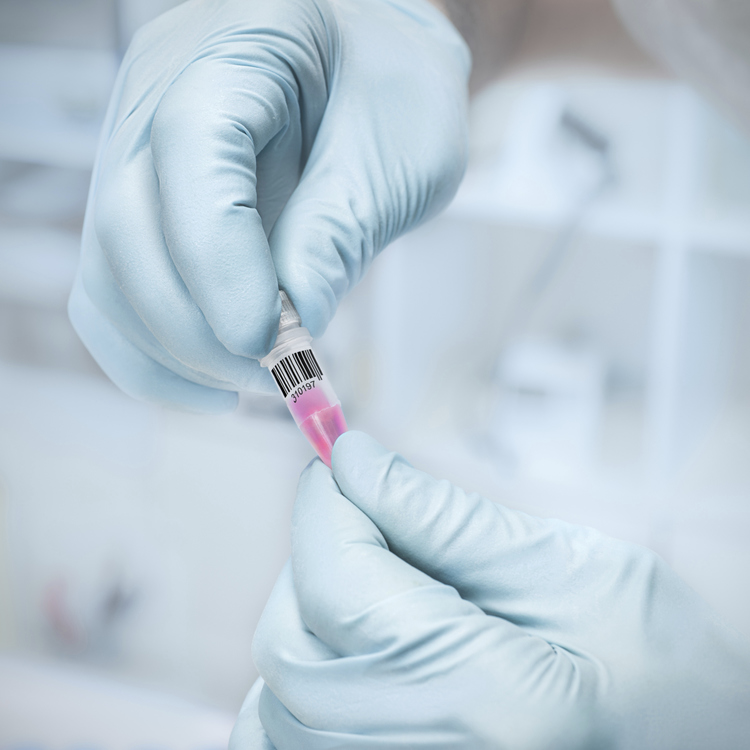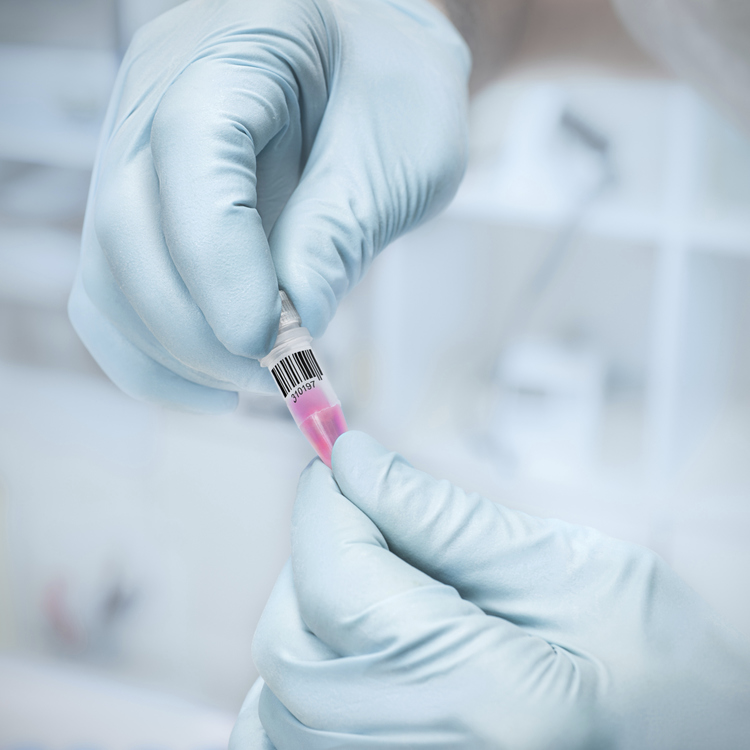Product Quality and Validation
The cornerstone of any reliable antibody supplier is the quality of the products they offer. High-quality antibodies should be both specific and sensitive, meaning they bind exclusively to the target antigen and produce a strong signal at low concentrations. Before purchasing, it’s essential to check whether the supplier provides validation data for their antibodies. This data should demonstrate that the antibody has been tested across various applications, such as Western blotting, immunohistochemistry, flow cytometry, and ELISA. Reliable suppliers often offer detailed product datasheets, including information about the antibody's specificity, immunogen, and recommended protocols. Look for suppliers who also provide peer-reviewed publications where their antibodies have been successfully used, as this further validates their efficacy.
Range of Antibodies
Another critical factor to consider is the range of antibodies a supplier offers. A comprehensive catalog can save you time and resources by allowing you to source all the necessary antibodies from a single supplier. Leading antibody suppliers typically offer a wide array of antibodies, including monoclonal, polyclonal, recombinant, and secondary antibodies. They also provide antibodies against a broad spectrum of targets, from common proteins to more niche or novel targets. This variety ensures that you can find the right antibody for your specific research needs, whether you are working in oncology, immunology, neuroscience, or another field.
Technical Support and Customer Service
When working with complex biological tools like antibodies, having access to knowledgeable technical support is invaluable. A reputable antibody supplier should provide excellent customer service, with experts available to answer your questions and assist with troubleshooting. This support can be crucial, especially when working with new antibodies or applications. Look for suppliers who offer detailed product information online, including protocols, FAQs, and troubleshooting guides. Additionally, a responsive customer service team that can quickly address any issues, such as product returns or replacements, can save you significant time and frustration.
Reputation and Reviews
The reputation of an antibody supplier can offer insights into the quality of their products and services. Reputable suppliers often have a long history in the industry and are well-known among the research community. Reading reviews and testimonials from other researchers can provide valuable information about the supplier’s reliability, product quality, and customer service. Additionally, consider seeking recommendations from colleagues or mentors who have experience working with specific suppliers. Their first-hand experiences can guide you toward a trusted supplier.
Pricing and Availability
While quality should never be compromised, Monoclonal Antibody Service it’s also essential to consider the cost and availability of the antibodies. Some suppliers may offer discounts for bulk purchases or academic research, which can help manage your budget. However, be cautious of prices that seem unusually low, as this may indicate lower quality or a lack of validation. Availability is another crucial aspect—ensure that the supplier can consistently provide the antibodies you need, especially for long-term projects.
Ethical Considerations
Finally, consider the ethical standards of the antibody supplier. Companies that adhere to ethical sourcing and production practices, including the humane treatment of animals in the production of polyclonal antibodies, demonstrate a commitment to responsible research practices. Ethical considerations are increasingly important in today’s research environment, and choosing a supplier that aligns with your values can contribute to the integrity of your work.






Comments